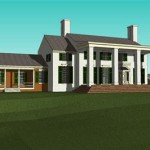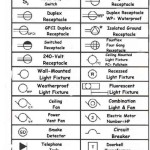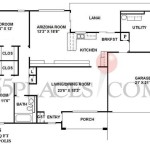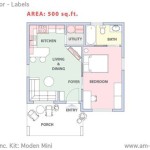Essential Aspects of Early New England House Plans
The houses built in New England during the colonial period are a testament to the ingenuity and resourcefulness of the early settlers. These homes were designed to meet the specific needs of the people who lived in them, and they reflect the region's unique climate and landscape. If you're interested in learning more about early New England house plans, read on to discover some of their essential aspects.
Central Chimney
One of the most distinctive features of early New England houses is their central chimney. This design was both practical and efficient, as it allowed the heat from the fireplace to be distributed evenly throughout the house. The chimney was also used for cooking, and it was often the focal point of the kitchen.
Steeply Pitched Roof
Another common feature of early New England houses is their steeply pitched roof. This design was necessary to shed the heavy snow that falls in the region. The steep pitch also helped to keep the house cool in the summer by allowing the hot air to escape.
Small Windows
The windows in early New England houses were typically small and narrow. This was done to conserve heat and to keep out the cold. The windows were also often placed high on the walls to prevent drafts.
Board and Batten Siding
The siding on early New England houses was typically made of wooden boards that were nailed to the frame of the house. The boards were often overlapped, and they were sometimes covered with battens to add strength and weather resistance.
Gambrel Roof
Gambrel roofs were a popular choice for early New England houses. This type of roof has two slopes, with a steeper slope at the bottom and a shallower slope at the top. The gambrel roof provided more space in the attic, which could be used for storage or sleeping.
Lean-To Addition
Many early New England houses had a lean-to addition. This was a small, one-story addition that was built onto the back of the house. The lean-to addition was often used as a kitchen or a workshop.
These are just a few of the essential aspects of early New England house plans. These homes were designed to meet the specific needs of the people who lived in them, and they reflect the region's unique climate and landscape.

Colonial Early New England Homes

Cape Early New England Homes

Elbring New England Style Home Homes Colonial House Plans Cape Cod

Elbring New England Style Home Homes Colonial House Plans Cape Cod

Dutch Colonial House Plans Detailed Blueprints New England Home Historic American Homes

The New England Farmhouse Classic Colonial Homes

Dutch Colonial House Plans Detailed Blueprints New England Home Printed

Vintage House Plans This Week We Are Looking At New England Salt Box Style Homes On Th Colonial

1920s Central S Book Of Homes Vintage House Plans

The Process Early New England Homes








